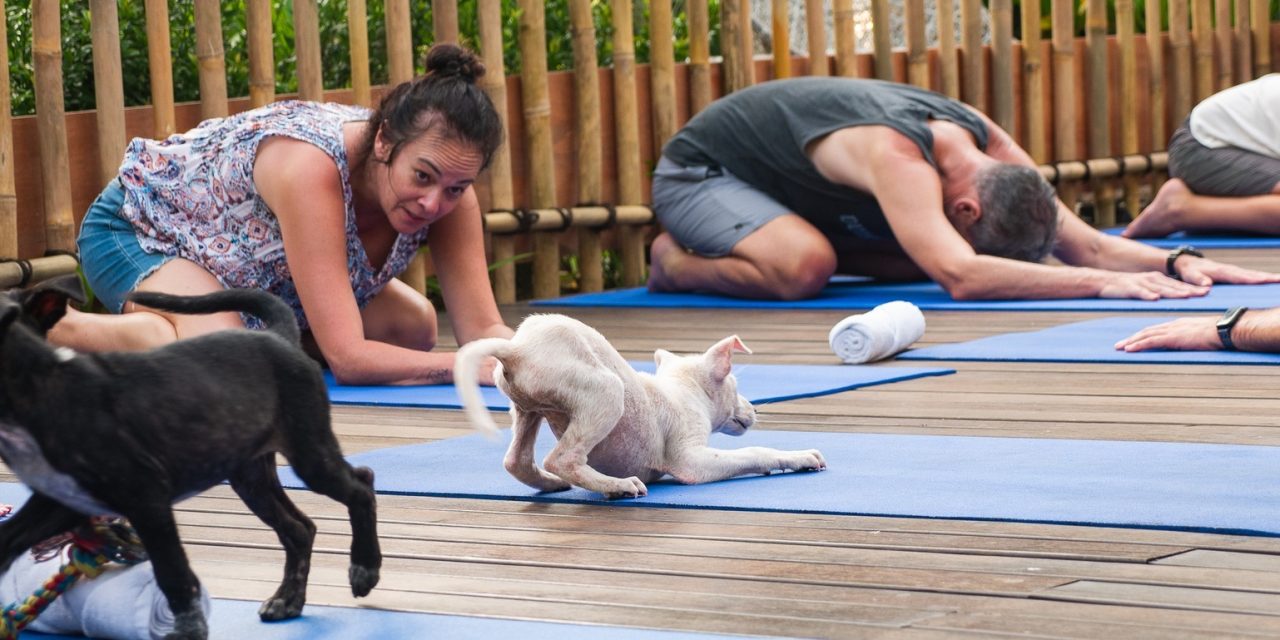When it comes to Bali, echoes of surf, sun, and sumptuous cuisine immediately spring to mind. The island, with its stunning landscapes and rich cultural heritage, is not only a paradise for adventures but also for food lovers. As a traveler who’s roamed the vibrant streets of Bali in search of hidden culinary gems, I can confidently say that embarking on a local food tour is one of the best ways to experience the island’s authentic flavors and vibrant food culture.
Why Take a Local Food Tour?
Picture this: you’re standing in a bustling Balinese market. The aroma of spices wafts through the air, mingling with the sounds of vendors calling out to passersby. It’s thrilling, but let’s be honest—it can also be overwhelming. That’s where local food tours come in. These tours not only take you to the best local spots but also provide insights into ingredients, cooking methods, and the cultural significance of dishes.
A Personal Encounter
During my visit, a local food tour led by a charming Balinese woman named Wayan introduced me to the island’s culinary heartbeat. Wayan greeted us with a warm smile at the entrance of a small village market. As we strolled through the narrow paths lined with stalls, she pointed out fresh produce, coconut cakes, and the infamous ‘nasi campur’—a traditional rice dish with a medley of side dishes.
I never thought I’d be fascinated by beans, but as Wayan explained how they were locally sourced and prepared, I found myself completely captivated. She shared stories of how her grandmother cooked these dishes, passing down secrets that were integral to their family’s heritage.
Types of Local Food Tours
There’s a cornucopia of choices when it comes to food tours in Bali. Here are some popular types of tours you might consider:
1. Market Tours
These tours typically begin with a visit to a local market. Here, you get to engage with vendors, sample fresh produce, and sometimes even participate in a cooking class post-shopping. For example, in Ubud, you could wander through the Ubud Art Market, soaking in the energy and sampling local delicacies like ‘pisang goreng’ (fried bananas) right from the vendor.
2. Street Food Tours
What better way to experience the essence of a place than through its street food? With a street food tour, you’ll get to try authentic snacks sold by local street vendors—think ‘sate lilit’ (minced fish satay) and ‘martabak’ (stuffed pancake). Picture yourself devouring a spicy ‘gado-gado’ (vegetable salad with peanut sauce) on the streets of Seminyak as the sun sets.
3. Cooking Classes
For those who want a more hands-on experience, joining a cooking class as part of your food tour is a fantastic idea. I remember participating in a course where we prepared ‘babi guling’ (suckling pig) with a family in a Balinese home. The joy of grinding spices in a mortar and pestle, and smelling the incredible aroma as the dish cooked, was both grounding and rewarding.
Unique Insights into Balinese Cuisine
The beauty of Balinese cuisine is its complexity and diversity, often reflecting the influences of Indian, Chinese, and even Dutch cooking. Dishes often feature turmeric, lemongrass, galangal, and a variety of spices.
One fascinating insight I learned from Wayan was about the significance of food in Balinese culture. For instance, meals are often accompanied by rituals, and certain dishes are made for special ceremonies. This cultural connection adds layers of meaning to the food we consume.
Tips for Travelers
Here are a few practical tips when considering local food tours in Bali:
1. Research and Book in Advance: Many popular tours can get booked up quickly, especially during the high season. A quick online search will yield numerous options. Check reviews on platforms like TripAdvisor or Google to find the best experiences.
2. Be Open-Minded: Try everything! Even dishes that may seem unfamiliar at first can surprise you. On my tour, I was hesitant about trying ‘tempeh’ (fermented soybean cake), but it ended up being one of the highlights of the trip!
3. Communicate Dietary Restrictions: If you have any food allergies or dietary restrictions, communicate these to your tour guide beforehand to ensure a comfortable experience.
4. Engage with Locals: Don’t shy away from asking questions—both during and after your tour. Locals love sharing their culinary stories, and you’ll find their passion infectious.
Reflection on My Journey
As my food tour with Wayan came to an end, I felt more connected to Bali than ever before. Through each bite, I was tasting not just food, but history, tradition, and love. The vibrant flavors and enriching experiences became cherished memories, ones I continue to share with friends back home.So, the next time you find yourself planning a trip to Bali, remember to carve out some time for a local food tour. This journey will not only satiate your taste buds but also engage your senses in ways you might never expect. Bon appétit, or as the Balinese say, “Selamat makan!”






